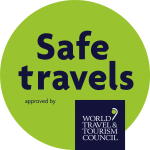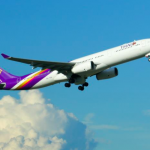NEWS REVIEW June 11, 2020:
WATCH AGAIN: The Future of Travel & Tourism: Financial Strategies for the Recovery, June 2020
Watch our full virtual summit again.
<
AND READ OUR FULL POST SUMMIT REVIEW HERE
The Future of Travel & Tourism
Financial strategies for recovery
09:15 Connecting Time
09:30 Welcome
• Rajan Datar, BBC
• Dr. Taleb Rifai, Chairman ITIC and former Secretary-General UNWTO
• Simon Press, Senior Exhibition Director, WTM London
• Ibrahim Ayoub Group CEO & MD, ITIC LTD
09:40 – 10:00: Covid-19 has transformed our future. Where the travel and tourism sector stands now?
Introductory conversation hosted by Rajan Datar, Presenter and Broadcaster, BBC
• Gloria Guevara, President and CEO WTTC
10:00 – 10:15: The current Global Economic Outlook and future investment perspectives.
• Nicolas Mayer, PWC Industry Leader Hospitality and Tourism EMEA & Managing Partner Global Center of Excellence Tourism & Hospitality
10:15 – 11:00: Why health protection is the key to recovery of the Travel & Tourism sector?
Countries are introducing new safety standards in a bid to restore travellers’ confidence. It’s a big task: hygiene training & certification affects everyone in the chain: from the taxi driver serving the airport through to the tour guides & waiters at the other end of your journey. Our panel will assess what’s been achieved and what needs to be done.
Moderator:
• Rajan Datar, Presenter and Broadcaster, BBC
Speakers:
• Hon. Majd Mohammad Shweikeh, Minister Tourism and Antiquities, Jordan
• Tom Jones, Senior Partner, Healthcare, Finn Partners
• Rob Broere, VP-Industry Change, Emirates Airline & Chairman, IATA – Travel Standards Board
• Prof. Dimitrios Buhalis, Bournemouth University
• Ashwin Seetaram, Director of Tourism, Ministry of Tourism, Mauritius
11:00 – 11:45: Planning for the future: Understanding globalisation in the post Covid-19 world and the investment measures needed to boost recovery of the global travel and tourism industry
Panellists are drawn from tourism leaders, international investment banks and private equity firms. The travel business has changed, the global economy has changed and investment and banking options are changing too. This session will examine the range of financial mechanisms to support the travel & tourism sector in its recovery.
Moderator:
• Prof Ian Goldin, Professor of Globalisation and Development at the University of Oxford and the Director of the Oxford Martin Programme on Technological and Economic
Speakers:
• Hon. Najib Balala, Minister of Tourism, Kenya
• Keith Barr, CEO IHG
• Raki Phillips CEO Ras Al Khaimah Tourism Development Authority
• Dinky Puri, CEO Eagle Wing Group
11:45 – 12:00: Investment prospects in travel and tourism sector in the Kingdom of Saudi Arabia
Speakers:
• His Royal Highness Prince Dr. Abdulaziz Bin Nasser Bin Abdulaziz Al Saud, Chairman of Baseera Group and Mr. Raed Habiss, Vice Chairman of Baseera group, CEO of RHH Consultancy and former Director of Tourism Investment of OIC in conversation with Dr. Taleb Rifai Chairman of ITIC and former Secretary- General of UNWTO.
12:00 – 12:45: Rethinking investments for better preparedness against potential future catastrophes
This session will discuss investment and protection for the future. Panellists operate at government level, tourism leaders, investors and epidemiologist. They will discuss options for building resilience and sustainability through new financing mechanisms and examine the support offered by different governments in the wake of Covid-19. What are the options for partnerships with the IMF / IFC / Government and the private sector?
Moderator:
• Peter Greenberg (CBS News)
Speakers:
• Hon. Edmund Bartlett, Minister of Tourism Jamaica
• Hon. Elena Kountoura, Member of the European Parliament
• Nicolas Mayer, PWC Industry Leader Hospitality and Tourism EMEA & Managing Partner Global Center of Excellence Tourism & Hospitality
• Dr. Peter Tarlow, President, Safer Tourism
• Alain Saint Ange, President, Africa Tourism Board
12:45 – 13:15: Video Presentation
13:15 – 14:15: Concluding remarks
The way forward: Foresights, initiatives and changing paradigms.
The world has changed. Economies have changed. What we took for granted in 2019, no longer applies. As the world establishes a new economic order, how will the travel & tourism sector integrate? Panellists from across the tourism, hospitality and travel sector will reflect on where we are now, where they expect the sector to grow and offer their own forecasts.
Moderators:
• Rajan Datar, BBC and Gerald Lawless, WTTC Ambassador, Director ITIC & Advisory Board member Dubai Expo 2020
Presentations:
• Margaux Constantin, Partner, McKinsey Company
• Ben Lock, Senior Director, Edelman
Speakers:
• Dr. Taleb Rifai, Chairman ITIC and former Secretary-General UNWTO
• Christopher Rodrigues, WTTC Ambassador
• Ambassador Dho Young-Shim, South Korea
• Mr. Haitham Mattar, Middle East Tourism Expert and CEO Beyond Tourism
• Todor Le, Marketing Adviser, Ministry of Tourism, Bulgaria
14:15: -Closing-
Dr. Taleb Rifai, Chairman ITIC and former Secretary-General UNWTO Simon Press, Senior Exhibition Director, WTM London & Ibrahim Ayoub Group CEO & MD, ITIC LTD
READ OUR FULL POST SUMMIT REVIEW HERE


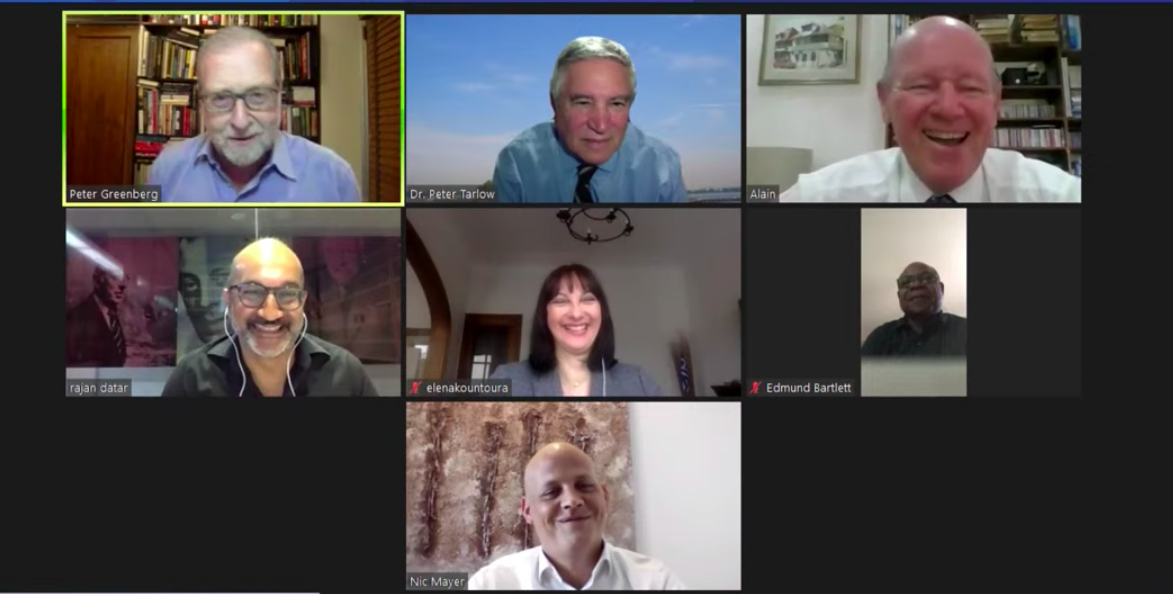
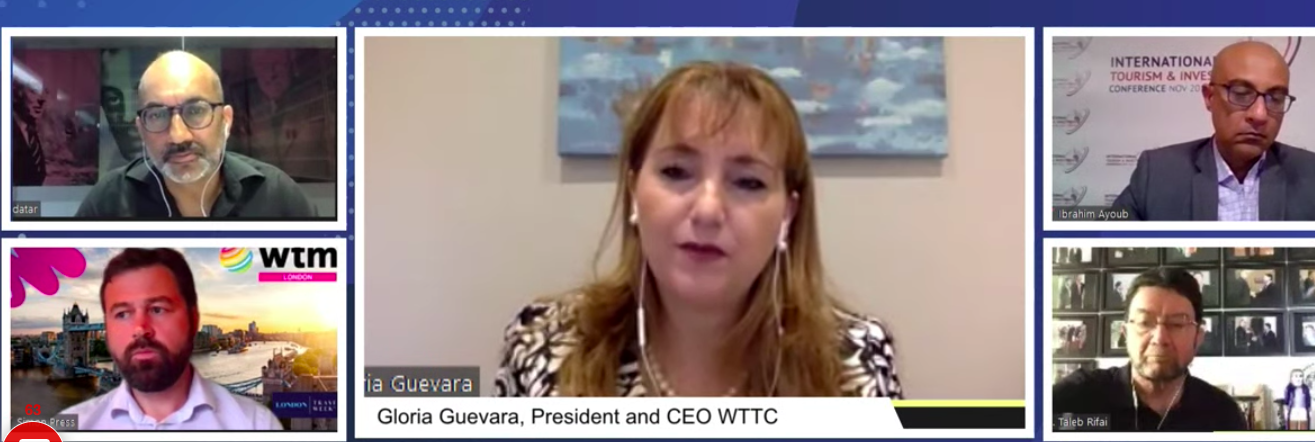
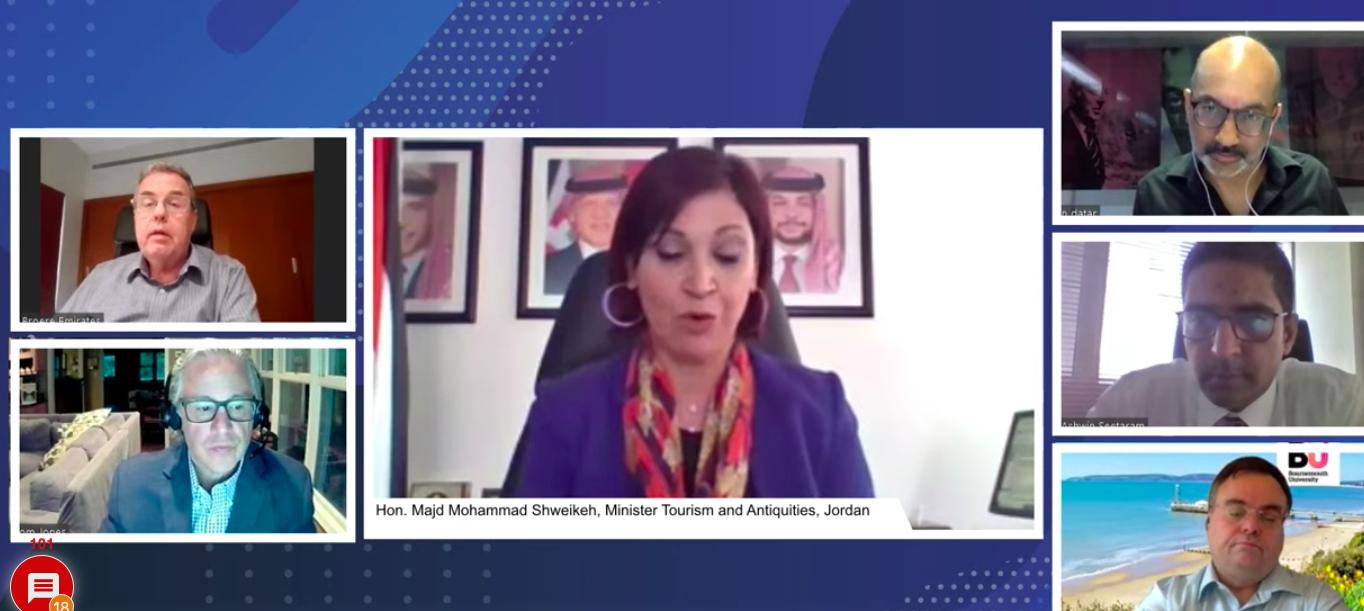
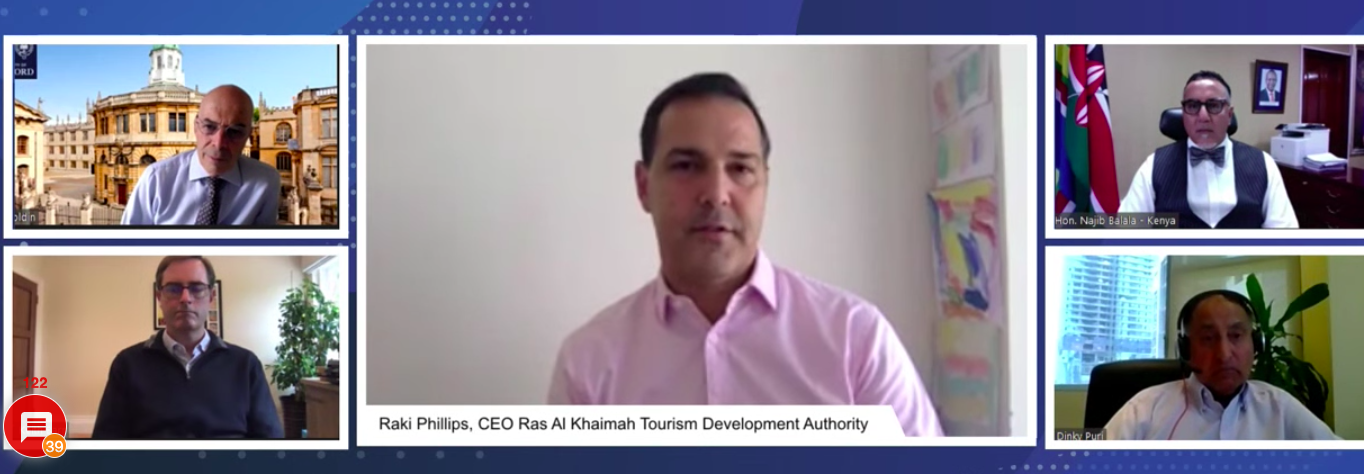
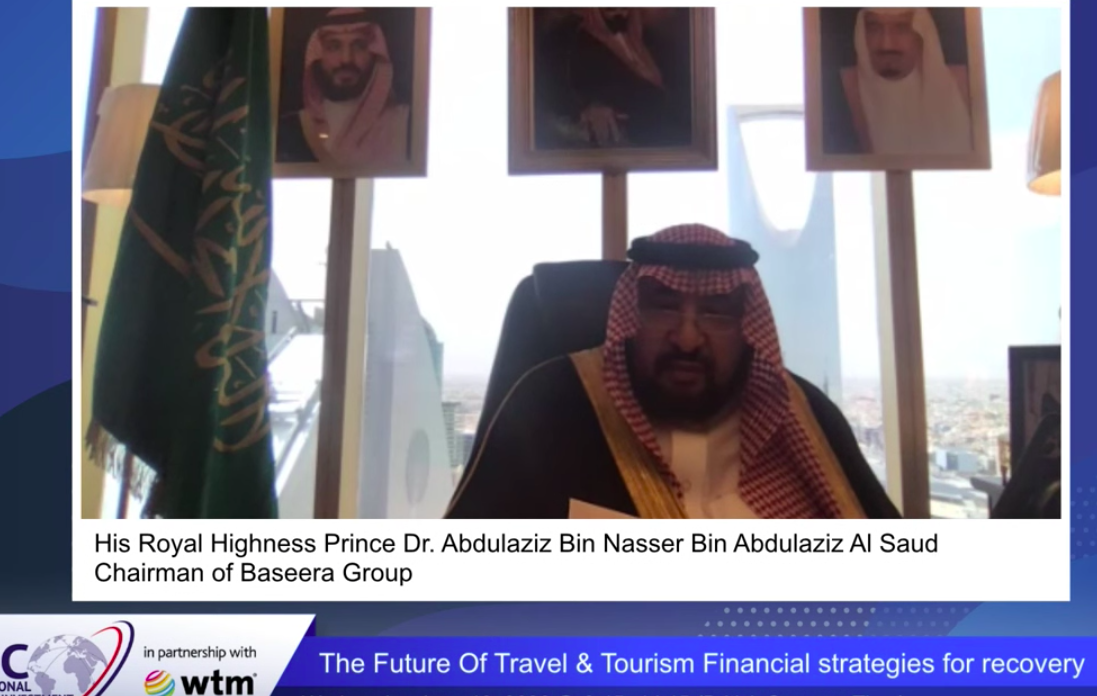
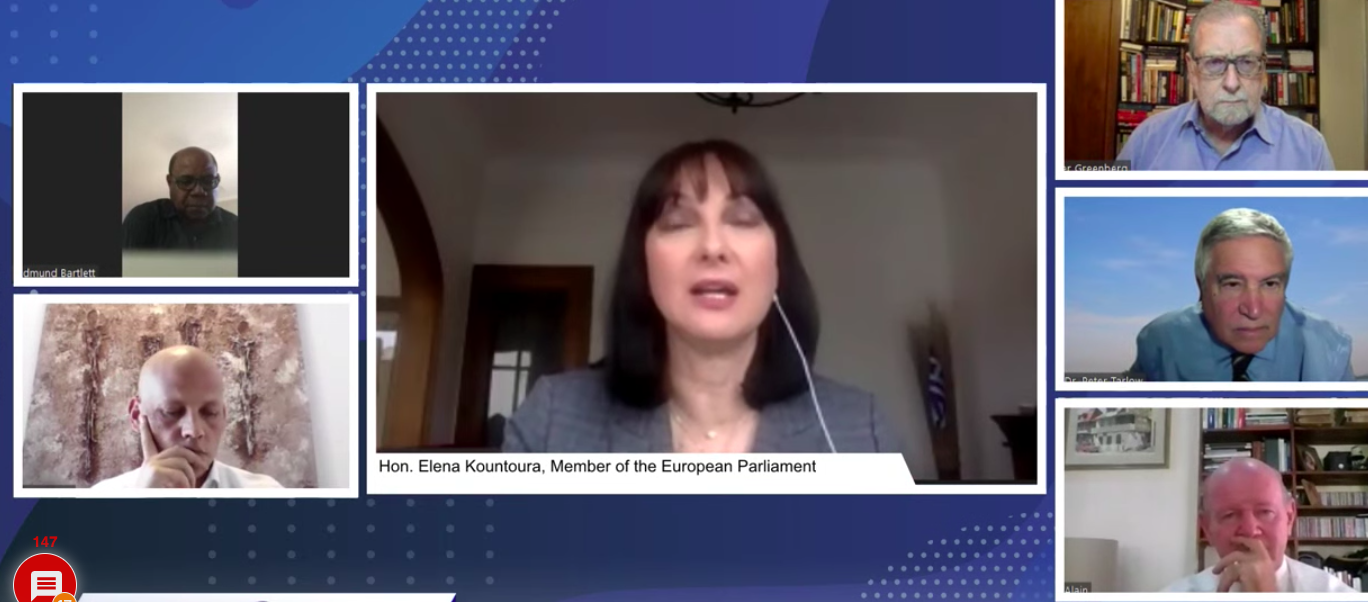
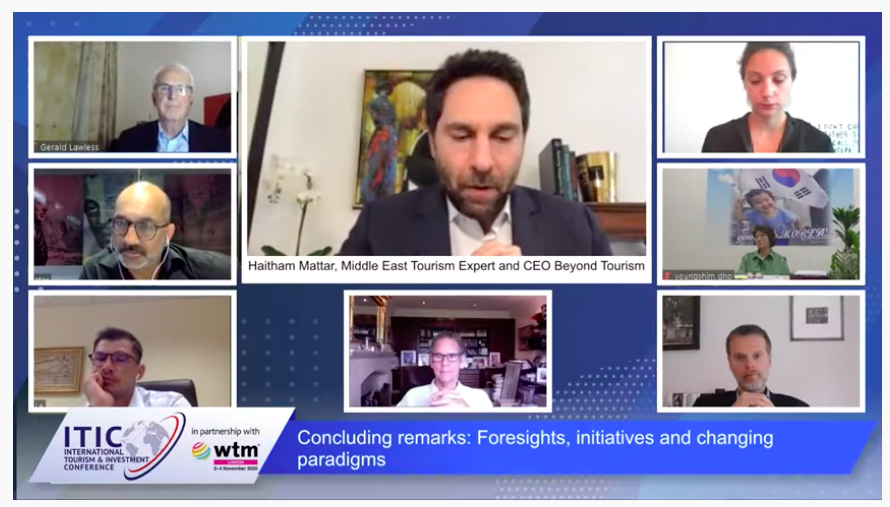
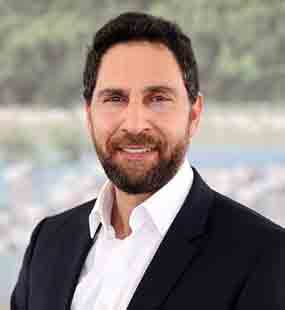
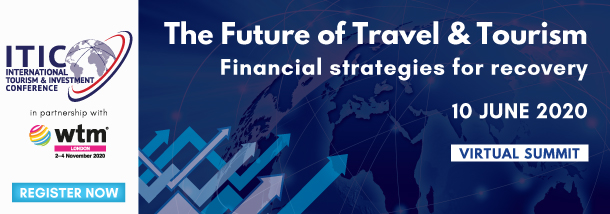

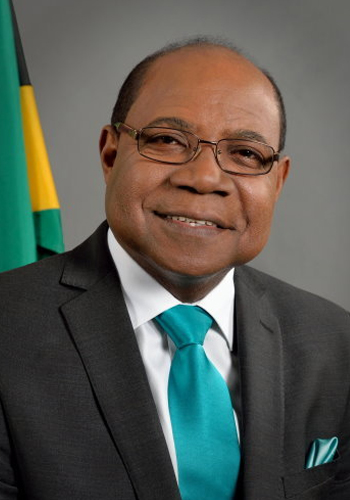
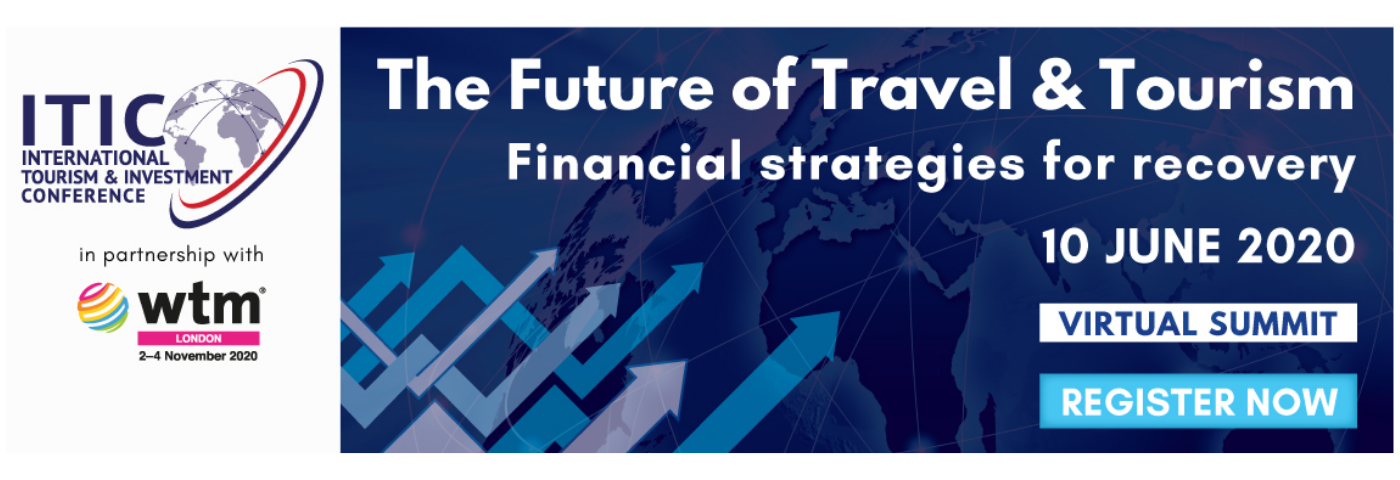

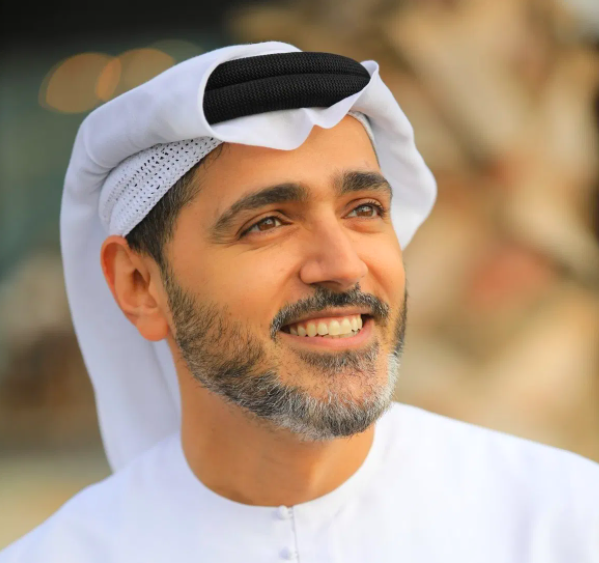 Dubai is the main tourist destination in the Middle East and it has moved quickly to secure its population and plan, said HE Issam Kazim the CEO of Dubai Corporation for Tourism and Commerce Marketing (DCTCM).
Dubai is the main tourist destination in the Middle East and it has moved quickly to secure its population and plan, said HE Issam Kazim the CEO of Dubai Corporation for Tourism and Commerce Marketing (DCTCM).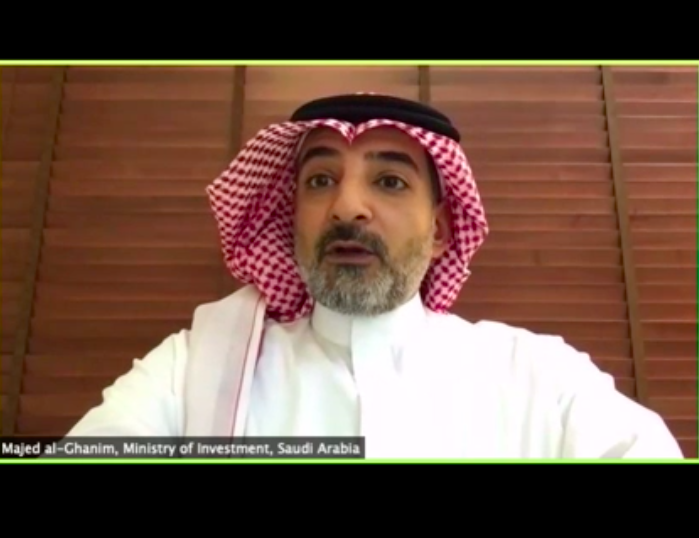 Majid al-Ghanim, is Managing Director of Tourism & Quality of Life at the Saudi Arabia General Investment Authority (SAGIA). “We believe that things will be recovered more quickly than it looked at the start of the pandemic,” he said.
Majid al-Ghanim, is Managing Director of Tourism & Quality of Life at the Saudi Arabia General Investment Authority (SAGIA). “We believe that things will be recovered more quickly than it looked at the start of the pandemic,” he said.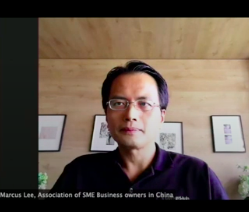 There was a huge boost to the optimism of Middle East travel operators when Dr Marcus Lee, Chairman of Association of SME Business owners in China revealed the ‘confidence is back’.
There was a huge boost to the optimism of Middle East travel operators when Dr Marcus Lee, Chairman of Association of SME Business owners in China revealed the ‘confidence is back’.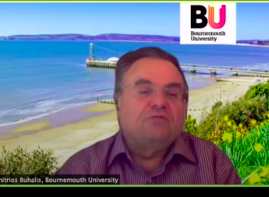 “It’s different strategies depending on where they are and their clientele,” he said. He agreed that domestic tourism was an ideal focus to aid the survival of tourism sectors. “That’s fine for some countries China, US, Brazil or UK, but if you’ve got a lot of islands like Greek islands or a lot of places that are quite small like the Seychelles, they will find it much more difficult to deal with domestic tourism.”
“It’s different strategies depending on where they are and their clientele,” he said. He agreed that domestic tourism was an ideal focus to aid the survival of tourism sectors. “That’s fine for some countries China, US, Brazil or UK, but if you’ve got a lot of islands like Greek islands or a lot of places that are quite small like the Seychelles, they will find it much more difficult to deal with domestic tourism.”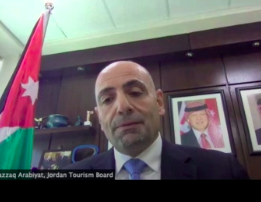 In Jordan Dr Abed Alrazzaq Arabiyat, MD of Jordan Tourist Board, was another advocate initially of domestic tourism but he explained how his country is ‘enhancing content’ with 360-degree virtual tours and concept vacations with a food or astronomical theme.
In Jordan Dr Abed Alrazzaq Arabiyat, MD of Jordan Tourist Board, was another advocate initially of domestic tourism but he explained how his country is ‘enhancing content’ with 360-degree virtual tours and concept vacations with a food or astronomical theme.
